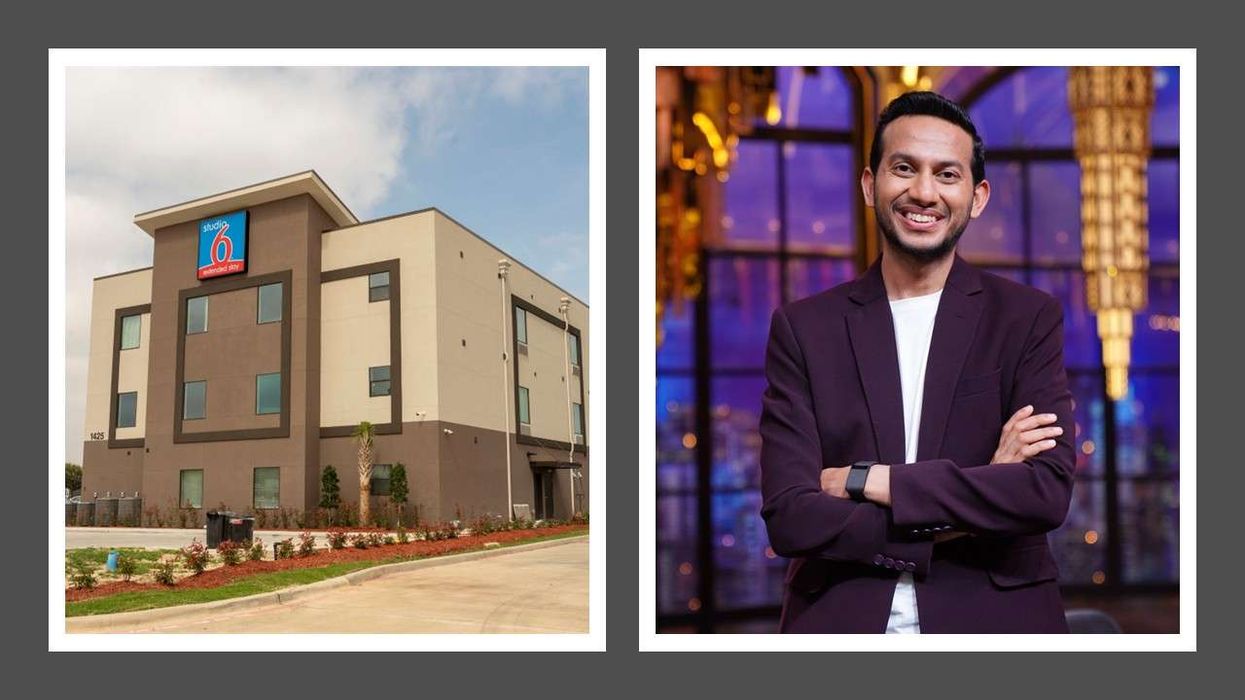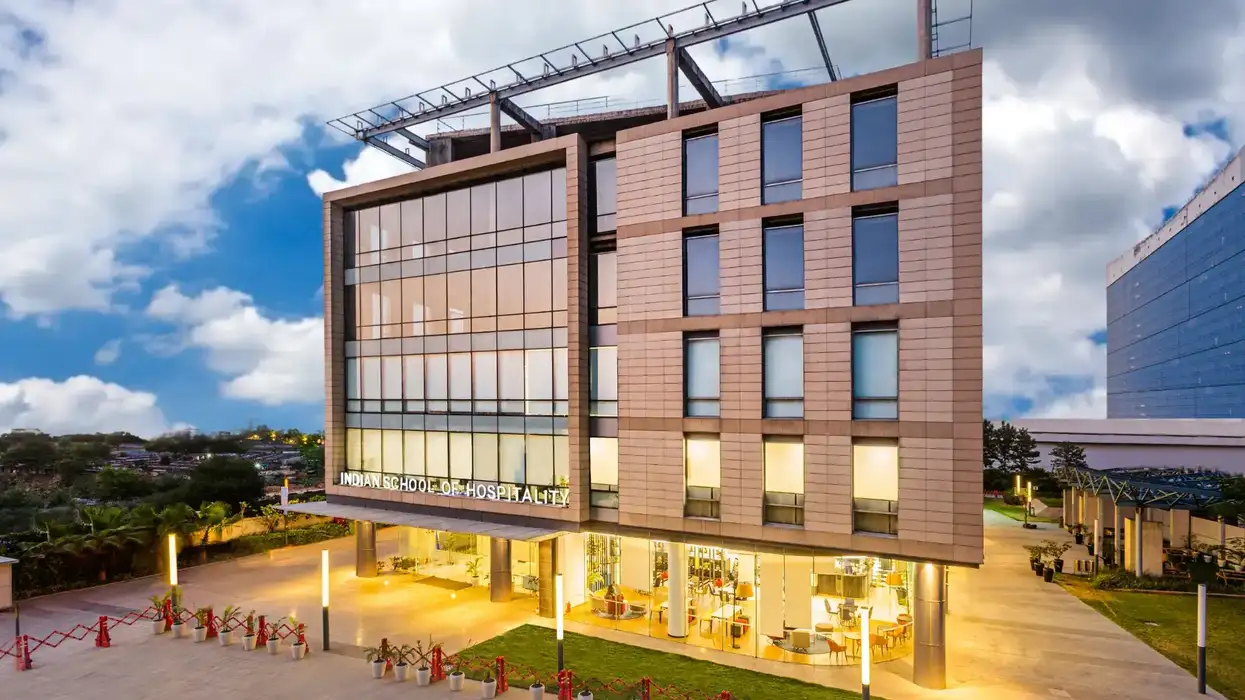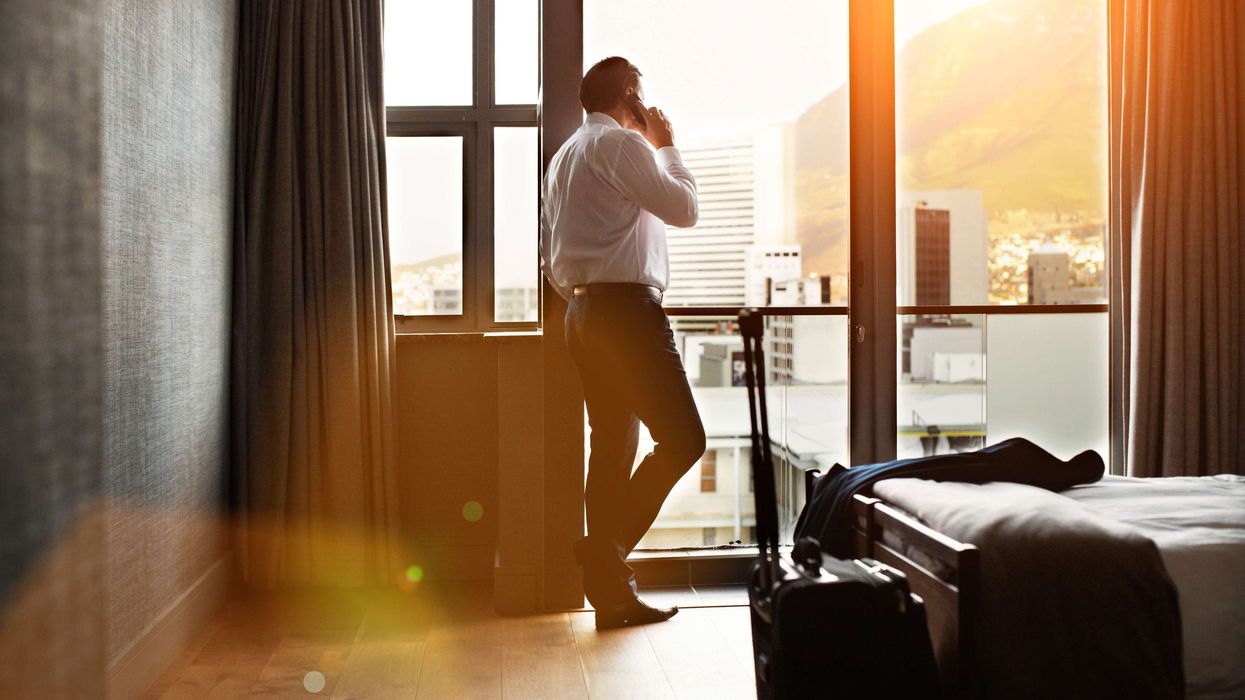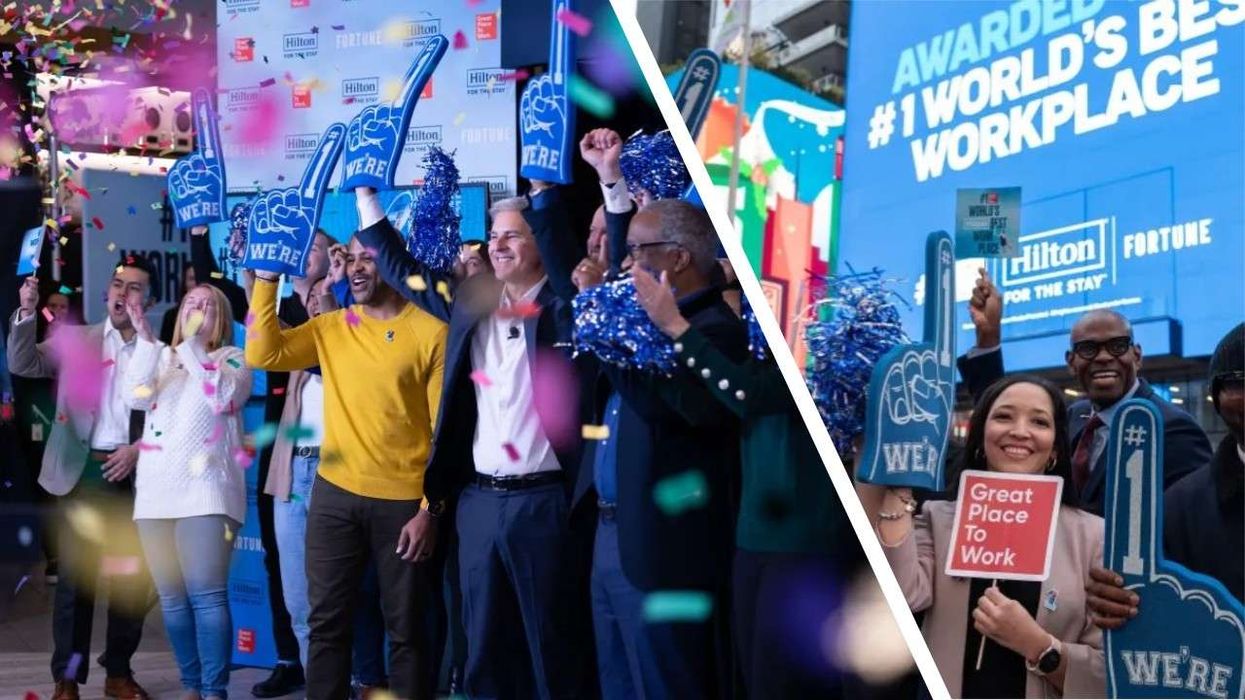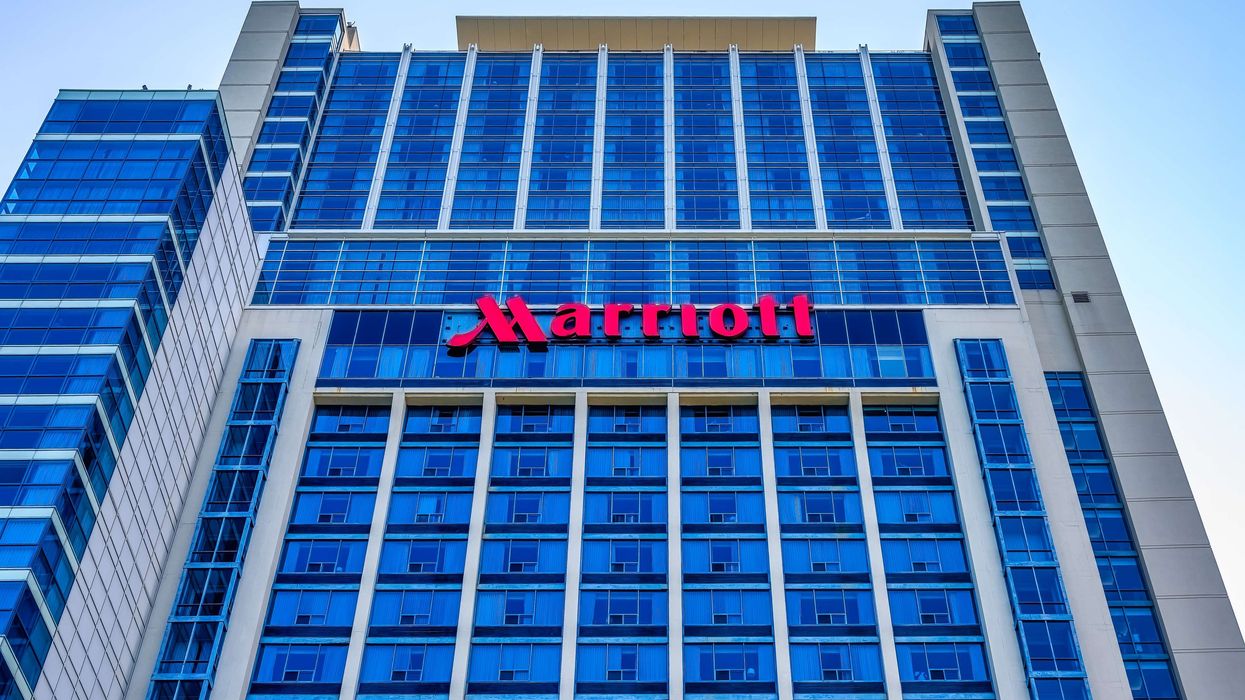Summary:
- U.S. travelers prefer familiar hotel brands for accommodation, SiteMinder reported.
- Direct bookings by U.S. travelers rose to 40 percent from 36 percent last year.
- AI as the first step in accommodation research rose to 4 percent globally and in the U.S.
APPROXIMATELY 14 PERCENT of U.S. travelers now start with familiar hotel brands when researching accommodation, nearly triple last year’s 5 percent, according to SiteMinder, a hotel distribution and revenue platform. This is the highest share among surveyed countries and double the global average of 7 percent, up from 3 percent the previous year.
SiteMinder’s “Changing Traveller Report 2026” showed U.S. travelers are booking directly via website, phone, or email, rising to 40 percent from 36 percent a year ago, above the global average of 28 percent.
“The greater willingness of American travelers to book domestic trips, along with their preference for direct bookings and loyalty programs, presents an opportunity for hotels, as does the continued international interest in visiting the U.S. next year,” said Brian Reising, SiteMinder’s regional vice president for the U.S. and Latin America. “Hotels that meet travelers’ rising expectations for flexibility, service and value are best positioned to benefit from guests’ growing inclination toward direct bookings and desire to build a relationship with a trusted brand.”
The main reasons for booking directly are flexibility with changes at 66 percent, direct communication at 61 percent and access to better prices and package deals at 57 percent, the study found. U.S. travelers also prioritize freebies and loyalty programs, with 42 percent and 28 percent citing these as reasons to return, compared with 32 percent and 22 percent globally.
The domestic focus among U.S. travelers is rising, with 52 percent planning to travel only within the U.S. in 2026, up from 49 percent last year. The U.S. remains a top choice for international travelers, with just over 10 percent naming it a dream destination, compared with 9 percent last year. Only Japan ranks higher at 17 percent, followed by France at 10 percent.
U.S. travelers reflect global trends
About 26 percent of travelers now begin accommodation searches with an OTA, up from 18 percent last year, while those starting with a search engine have dropped to 21 percent from 36 percent, SiteMinder said. Twice as many travelers, 14 percent, now turn first to friends or family, up from 7 percent.
Among U.S. travelers, those starting research with search engines have dropped to 19 percent from 36 percent in 2024, while 18 percent now begin with OTAs, up from 15 percent. About 17 percent start by asking friends or family, up from 9 percent last year.
SiteMinder’s data shows that 18 percent of travelers who start on an OTA ultimately book directly with the hotel, up 3.3 percentage points from last year. In the U.S., this rises to 24 percent, reflecting Americans’ higher tendency to book directly.
The use of AI as the first step in accommodation research has risen to 4 percent from 1 percent last year, both globally and in the U.S., reaching 7 percent among American Gen Z and Millennials. AI is still emerging for initial planning but is set to transform the booking process. Around 80 percent of travelers and 71 percent of U.S. travelers want AI-powered features, with price monitoring and alerts at 37 percent in the U.S. Sixty-five percent globally and 59 percent in the U.S. now support dynamic, demand-based pricing.
“Across every stage of the guest journey, we’re seeing American travelers diversify how they engage with information, from online travel agencies and familiar hotel brands to AI and search engines,” Reising said. “This non-linear path to purchase makes it more vital than ever for hotels to build a stronger digital presence and ensure consistency across all touchpoints, to gain both visibility and commission-free revenue.”
Travel demand grows globally
The report surveyed 12,000 travelers across 14 countries, including Australia, China, France, India, Spain, Thailand, the UK and the U.S.
It showed that 49 percent of travelers expect to travel more in the next 12 months, while 12 percent expect to travel less. Event-driven travel is rising, with 63 percent saying they are more likely to travel for special events next year. The trend is strongest among Gen Z at 81 percent and Millennials at 74 percent, who are traveling mainly for concerts and festivals. Meanwhile, travelers are also prioritizing higher-quality stays. About 58 percent plan to book superior or luxury rooms, a four-point increase from last year.
U.S. travelers continue to favor direct bookings and brand loyalty, the report said. They also focus on location details when booking, with 58 percent citing it as important. Around 66 percent prefer credit or debit card payments and 44 percent consider room quietness essential.
“While traveler behaviors continue to diverge across markets, the broad trends remain encouraging for the industry, with events driving travel in greater numbers and guests increasingly willing to pay more for what they value,” said Reising. “For U.S. hotels, the opportunity lies in identifying guest preferences to create standout, loyalty-driving experiences from the first digital interaction.”
A recent SiteMinder study found that only 16 percent of small accommodations worldwide spend more time attracting guests, while 49 percent focus on daily operations. Although 53 percent would prefer to focus on guest acquisition, they remain occupied with property management.


